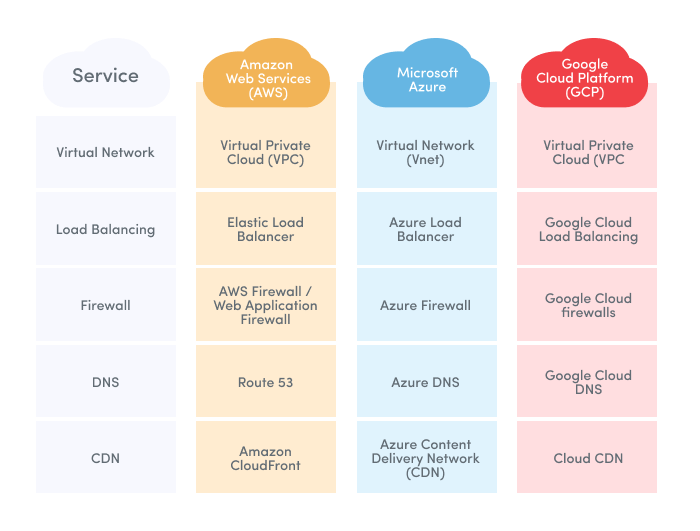Cloud vs. On-Premises: Right for Your Business?
When it comes to choosing between cloud-based solutions and on-premises systems for your business, there are a number of factors to consider. Both options have their own set of advantages and disadvantages, so it’s important to carefully weigh your options before making a decision. In this article, we’ll explore the differences between cloud and on-premises solutions and help you determine which one is the right choice for your business.
What is the Cloud?
The cloud refers to the delivery of computing services – including storage, databases, software, and more – over the Internet. Instead of storing data on physical servers or personal computers, cloud-based solutions allow users to access their information from anywhere with an internet connection. Examples of popular cloud services include Google Drive, Dropbox, and Salesforce.
What are On-Premises Systems?
On-premises systems, on the other hand, involve the use of physical servers that are maintained and operated on-site by the business itself. This means that all hardware and software is owned and managed by the company, allowing for greater control and customization. However, this also means that businesses are responsible for the maintenance, upgrades, and security of their own systems.
Advantages of Cloud-Based Solutions
Scalability: Cloud solutions are highly scalable, allowing businesses to easily increase or decrease their storage and computing resources as needed.
Cost-Effective: Cloud services typically operate on a pay-as-you-go model, meaning businesses only pay for the services and resources they use.
Accessibility: Cloud-based solutions can be accessed from anywhere with an internet connection, making it easy for remote workers to collaborate and stay productive.
Automatic Updates: Cloud providers handle the maintenance and updates of their systems, ensuring that businesses always have access to the latest features and security enhancements.
Advantages of On-Premises Systems
Control: On-premises systems give businesses complete control over their hardware and software, allowing for greater customization and security.
Security: Some businesses prefer to keep their data on-premises for security reasons, as they have full visibility and control over their systems.
Compliance: Certain industries have strict regulations regarding data storage and privacy, making on-premises solutions the preferred choice for compliance reasons.
Which Option is Right for Your Business?
Ultimately, the decision between cloud-based solutions and on-premises systems will depend on your business’s specific needs, budget, and security requirements. Small businesses with limited resources may find that cloud solutions are the most cost-effective and scalable option, while larger enterprises with complex data storage needs may prefer the control and customization offered by on-premises systems.
It’s important to carefully evaluate your options and consider factors such as data sensitivity, compliance requirements, and future growth projections when making this decision. By weighing the advantages and disadvantages of both cloud and on-premises solutions, you can determine the best fit for your business and set yourself up for success in the long term.
At the end of the day, both cloud and on-premises solutions have their own set of benefits, so it’s essential to choose the option that aligns with your business goals and priorities. Whether you opt for the scalability and accessibility of the cloud or the control and security of on-premises systems, make sure to carefully consider your decision and invest in a solution that will support your business’s growth and success.


